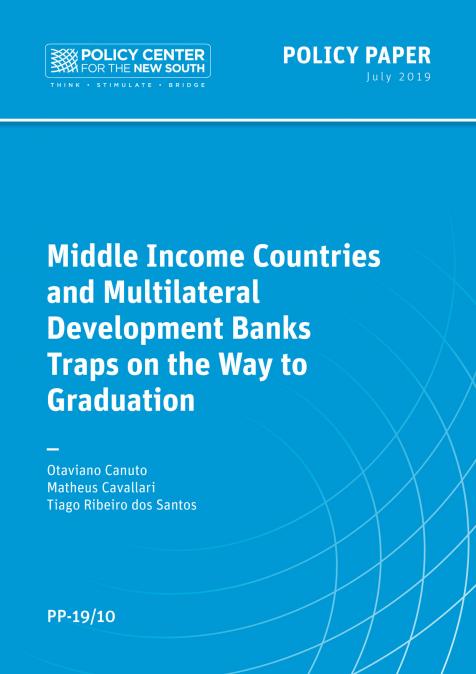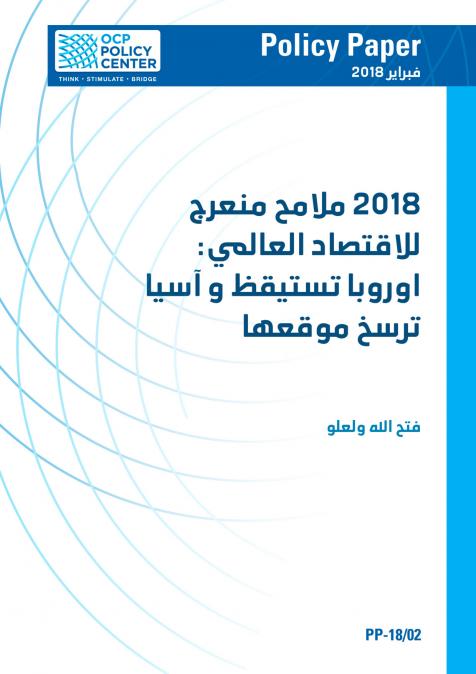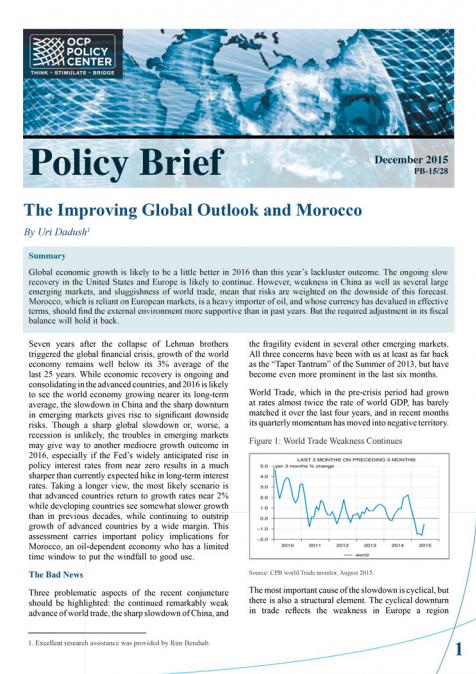Publications /
Policy Brief
Between January 2020 and June 2021, the world spent about US $16.5 trillion (18% of world GDP) to fight COVID-19, and this amount does not even include the most important losses such as deaths, mental health effects, restrictions on human freedom, and other nonmonetary suffering. Nearly 90% of this amount was spent by developed economies; the rest by emerging market and developing economies. Low-income countries spent just US $12.5 billion, or less than 0.0001% of the total. Moreover, fiscal spending by developing countries so far did not concentrate on COVID-19 vaccination and treatment. This is because the vaccines have only been discovered and available in a few countries since 2021 and as of now there is no official, universally accepted, treatment available.
Until COVID-19 is controlled, near-term prospects for the recovery of developing countries are clouded with risks and uncertainties. To manage COVID-19, the top priority for policymakers is to control its spread by acquiring and deploying vaccines and treatment medications. This spending appears non-negotiable. The second area of urgency is to resume domestic production, especially for global supply chains requiring exports. Developing countries should take advantage of the International Monetary Fund’s new Special Drawing Rights allocation for COVID-19, which countries do not have to repay, supplemented by loans from international organizations that offer longer maturities and lower borrowing costs.






